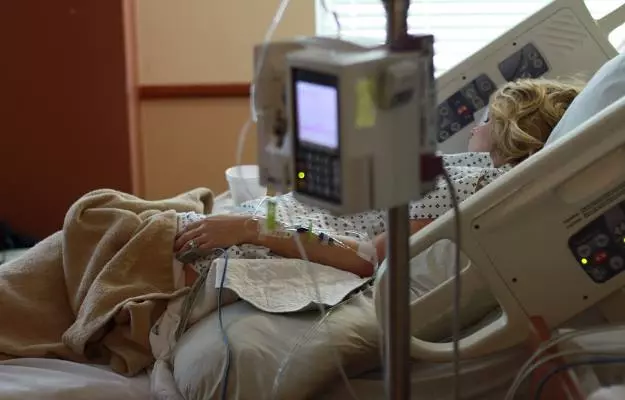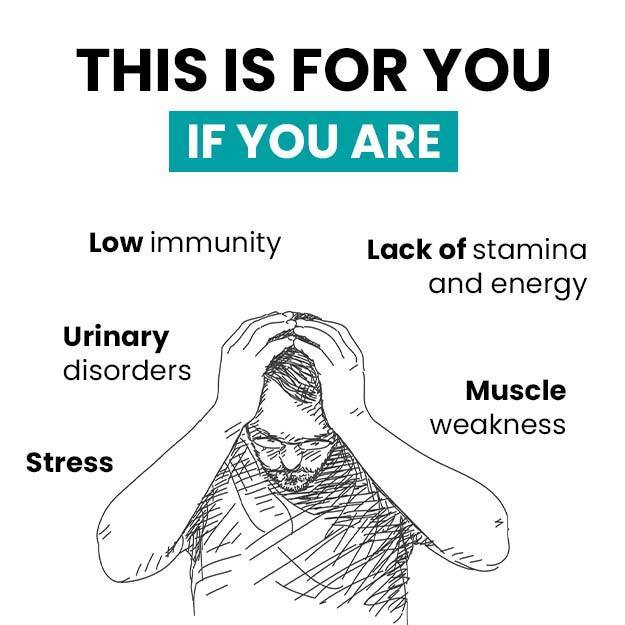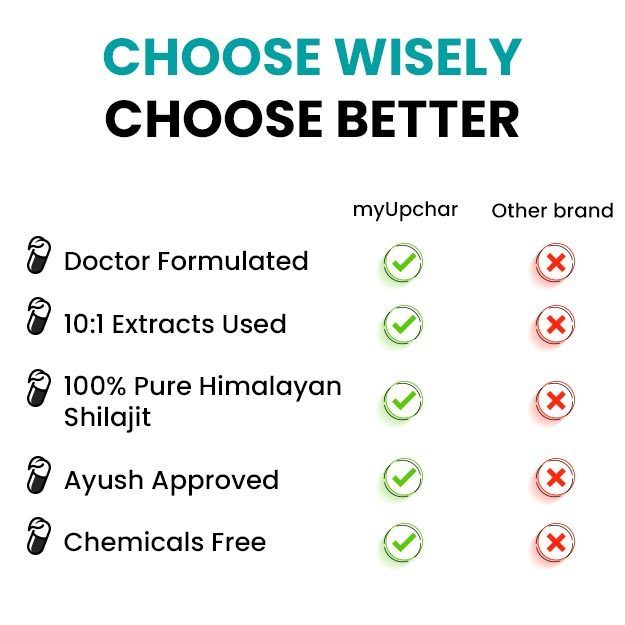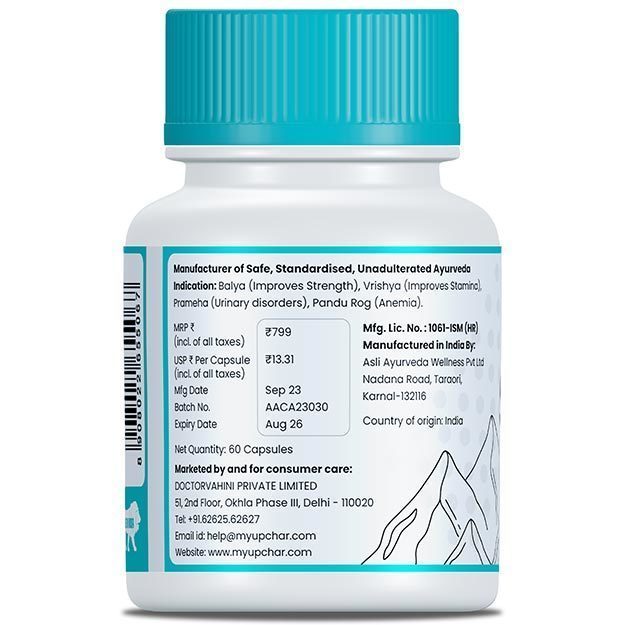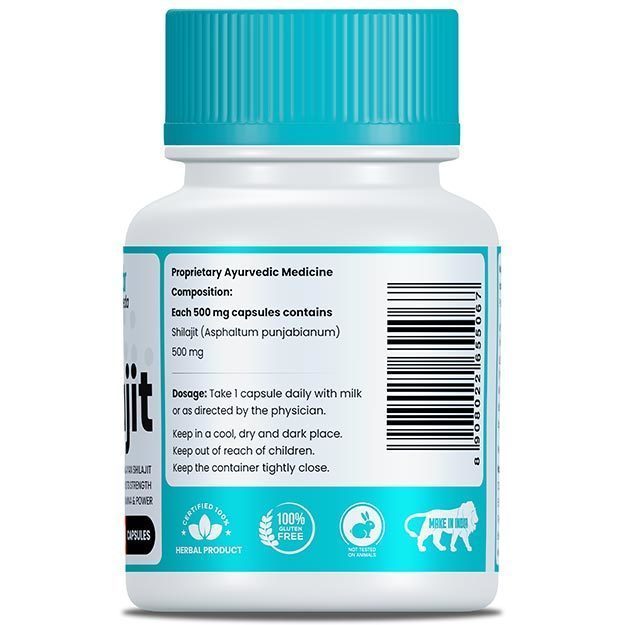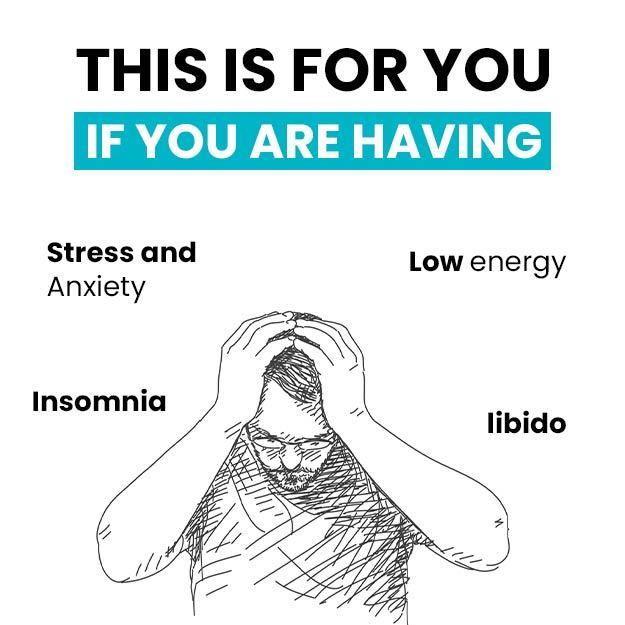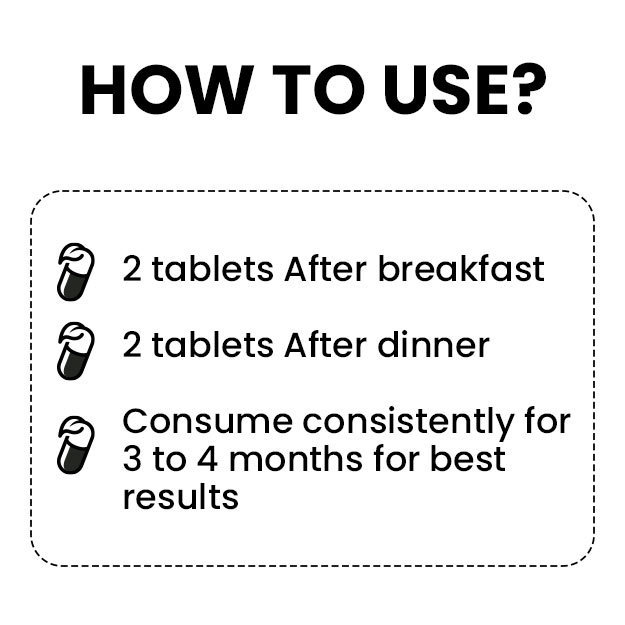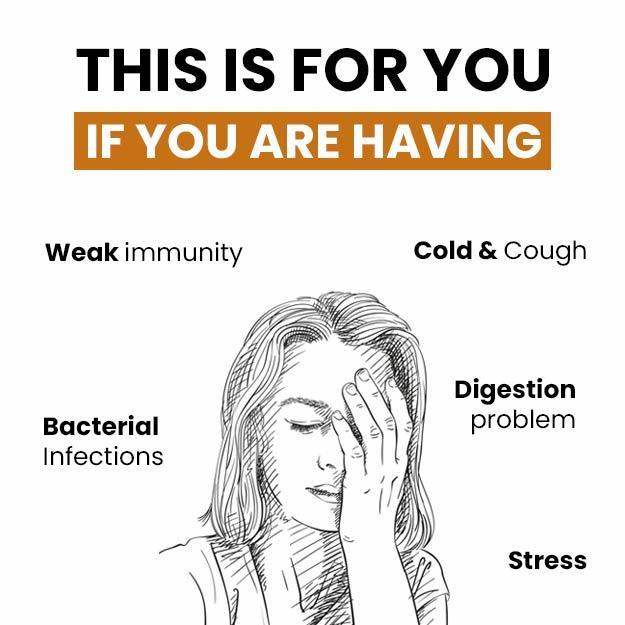Patients who have a serious medical problem are given a special type of service, which is called intensive care. The ward of the hospital in which this service is provided is called Intensive Care Unit (ICU). Thus ICUs are such specialist wards of the hospital in which the work of providing treatment and monitoring to very sick people is done.
Specially trained healthcare professionals are employed in these wards who take care of the patients. There is also special monitoring equipment here. ICU is also sometimes called Critical Care Unit (CCU) or Intensive Care Unit (ITU).
This article explains in detail what is an ICU, what equipment is inside the ICU, why and how a patient is kept in the ICU, along with this it is also told what precautions are taken in the ICU and how much is the cost of keeping in the ICU.
(Read more - Hydrocele Surgery)

